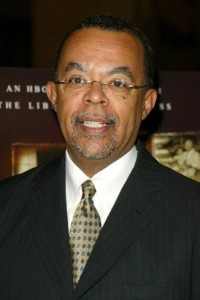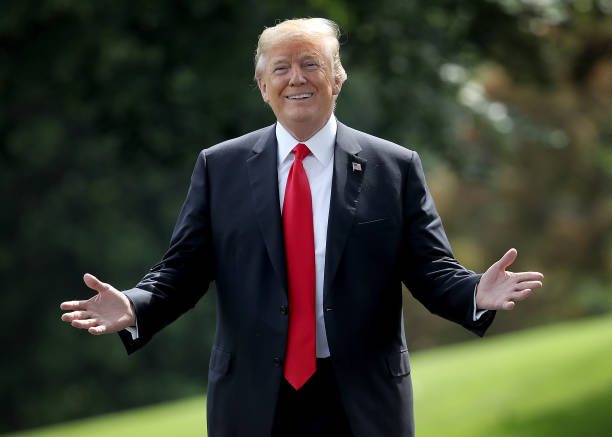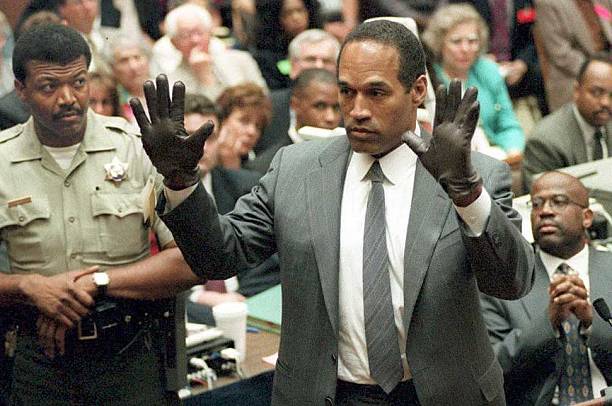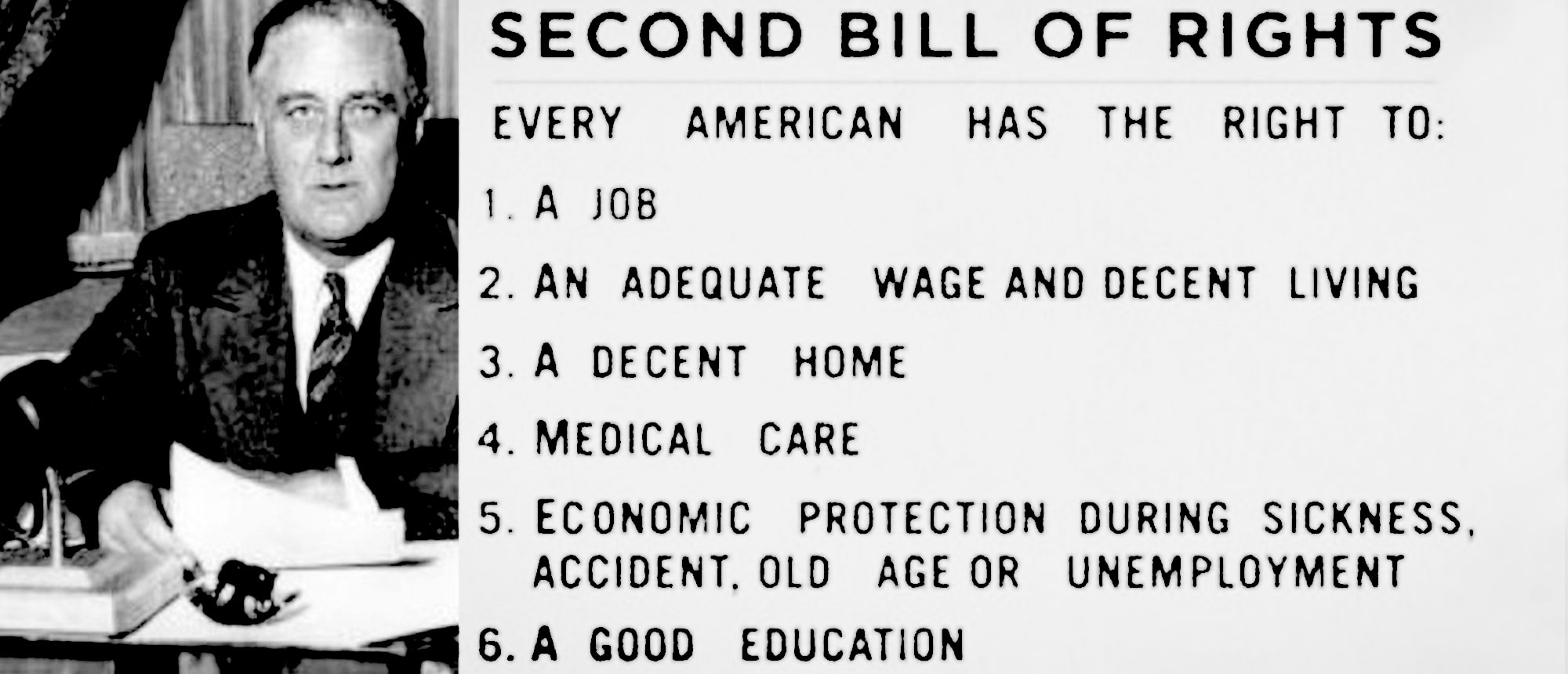(ThyBlackMan.com) Last year, our nation was brought to a standstill over an otherwise uneventful confrontation between a police officer and a professor. That professor’s name was Henry Louis Gates Jr. To our surprise, we then watched this non-event become the national spectacle, as the police officer soon learned not to mess with an angry professor with a good publicist. By the time the debacle was over, however, the professor quietly and mysteriously walked off into the sunset so he could try to redeem his public image on PBS specials.
One part of the political fallout was the additional damage caused to race relations in America, and a president who had to watch his poll numbers plummet as a result of his misguided intervention. To console the American people, we were promised a series of “teachable moments,” designed to help our nation gain a greater degree of interracial understanding. Just like many college students across America, we were holding out for a powerful teachable moment, and instead we just got beer.
people, we were promised a series of “teachable moments,” designed to help our nation gain a greater degree of interracial understanding. Just like many college students across America, we were holding out for a powerful teachable moment, and instead we just got beer.
One year later, perhaps we can talk about the things that we were supposed to learn from the Henry Louis Gates case, but never did. I’ll take it from the top:
1) Every officer who arrests a black man, even a famous one inside his house, is not always doing something wrong. We must first investigate the facts.
When Gates was arrested, I was surprised to see how many people believed his story without spending a second analyzing the facts of the situation. I didn’t presume that Gates was innocent just because he works at Harvard University, nor did I presume he was guilty. Harvard faculty and students have been arrested on numerous occasions, but I am sure there are also cases when police overstep their authority.
Whenever we allow the race card to be played without thoroughly investigating what happened, we weaken our ability to honestly confront racism when it actually does exist. This is not to say that Officer James Crowley was completely innocent in all of this. I am, however, quite sure that after finding out about Crowley’s record, President Obama secretly wished he had a time machine so he could relive the press conference where he infamously said Crowley and his fellow officers had “acted stupidly” when they arrested Gates.
2) Police abusing their authority is a serious civil liberties issue, and that is likely the unjust matter in this case.
While I wasn’t on board with what supposedly happened in the Gates situation, I have seen police abuse up close. Many of us have dealt with the arrogant police officer who refuses to have his authority questioned, or the one who tells a lie and gets away with it. While I was in complete disagreement with Gates’ decision to turn this event into a racial issue, I was certainly sympathetic to the possibility that the officer played a trick on him.
My father was a police officer for 25 years, and it is common knowledge that you can easily trap an unwitting defendant into a simple arrest for disturbing the peace. All the officer had to do was get Gates onto the front porch to embarrass him in public. But the key point here is that he would have done this to Gates if he were white, in large part because he felt that Gates has disrespected him. This kind of abuse by police officers should not be tolerated and all citizens should have the right to question arresting officers without fear of retribution.
3) Our nation must stop wasting meaningful opportunities to intelligently discuss the race problem in America
While President Obama was willing to risk undermining his presidency by standing up for his Harvard colleague, he didn’t say a word about the police-related shooting deaths of Oscar Grant and Sean Bell. This proves that the Gates case was more about black elitism than about standing up for the civil rights of African-Americans. The black working class of America often finds itself held victim to the whims and desires of the black upper class, who control our perceptions in ways that help them to fulfill their quest for power.
The conversation on race doesn’t just start on Harvard Yard. Instead, the conversation on race should begin in the streets of America, where working class people of color sometimes find themselves trapped in a police state. The police are not identified as our friends because we’ve been regularly betrayed by law enforcement who see black men as suspects even when we are the good guys. So, Gates was right to point out that racial profiling is alive and well in America. But it’s not clear whether that’s what happened to him.
Written By Dr. Boyce Watkins




















Leave a Reply